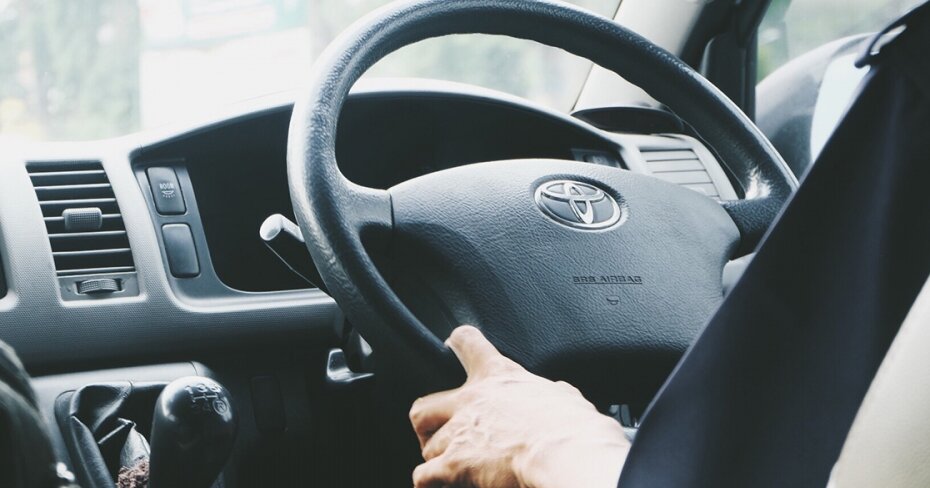What to do when you owe more than your car is worth
By: Nelson Smith on August 31, 2016
When taking out a loan to buy a car, there’s usually a point where you owe more on the car than it’s worth, especially if the down payment wasn’t much.
This type of situation is surprisingly common. Perhaps a borrower needs a bigger vehicle. Or maybe the vehicle was written off in an accident, and the cheque from the insurance company wasn’t enough to cover the whole amount owing. Or maybe someone bought too much car in the first place and can’t afford the payments.
Here are your options when you are stuck and owe more than your car is worth:
Do nothing
This is actually the easiest solution, and should be the default choice for everyone in a normal situation. If you don’t have a legitimate reason for getting rid of a vehicle, you probably shouldn’t be getting rid of it.
Even though someone might really want to get something new, it’s a bad idea if they owe more against a vehicle than it’s worth. Take it as a sign it’s time to embrace the status quo. Stick it out with the car as long as you can afford the payments. Eventually you’ll pay it off.
This kind of attitude can save you money over the years as you break out of the cycle of buying cars regularly with loans.
Roll it over into the next loan
This is by far the most popular option, particularly because car dealerships and their finance companies have made it so easy.
It can be an attractive solution for the borrower who wants a new car, but doesn’t want to take the trouble to sell or trade in the old car and make up the difference on the loan. It allows the customer to get what they want with only a minimal amount of hassle. The finance company usually allows you to keep you payments around the same amount, too, pushing the loan out for a number of additional years. These folks know better than anybody people care most about the monthly payment, not about the total time in debt.
It’s an especially good deal for the finance company. They know that people with good credit are going to pay their bills. If they can give one of those people extra loans, they’ll make more money in the long run. That’s their business.
And finally, it’s good for the finance employee at the dealership, since they get a commission for every deal they do. The dealership then gets a piece of that commission.
In short, everyone wins. There’s just the additional cost of being in debt longer as the only real negative – as well as the fact that with the loan rollover, you now owe more than your new car is worth.
Pay it down quickly
Some people use owing more on their car than it’s worth as a motivating factor.
They know that as long as such a situation exists, they’re in a bit of a financial bind. There’s no guarantee a creditor will extend more credit in a negative equity situation. In fact, common sense says a lender wouldn’t extend credit to someone like that at all.
Once someone gets back to the point where they have positive equity in a vehicle, more options emerge. Besides, paying down debt as quickly as possible is a good idea. Such a strategy potentially saves you thousands of dollars during the life of an auto loan.
Ultimately, most people find themselves in a position where they owe more on a car than what it’s worth. This isn’t a big deal unless someone is in a situation where they want or need to get new wheels. Luckily for them, options do exist.


.jpg?itok=uMB4yMjj)